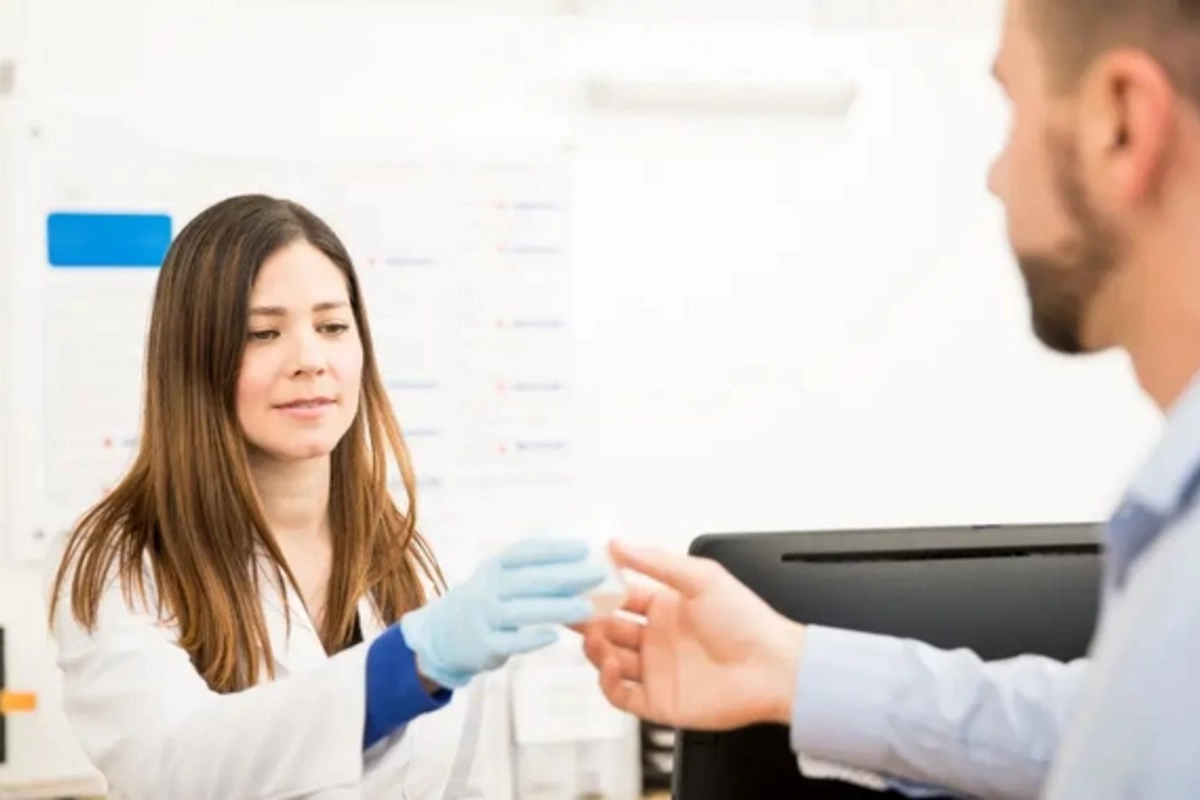29 May , 16:41
0

Sperm donor with rare mutation became biological father to 67 children across eight European countries
As reported by TUT.AZ with reference to Tengri Life, 10 of these children have already been diagnosed with various oncological diseases, including such serious pathologies as leukemia and lymphoma.
According to CNN, the discovered mutation is associated with Li-Fraumeni syndrome - a rare hereditary disease that significantly increases the probability of developing malignant tumors at an early age. Notably, at the time of donation in 2008, medical professionals did not have information about the presence of this mutation in the donor, and standard screening procedures were unable to detect it.
The alarming situation became known to the general public after two families reported cases of cancer in their children. The subsequent investigation established that the sperm was obtained from the European Sperm Bank, which later confirmed the presence of the dangerous mutation in the donor.
This shocking case was presented by Dr. Edwige Kasper from the University Hospital of Rouen at a conference of the European Society of Human Genetics. She emphasized that this incident clearly demonstrates the need to limit the number of births from a single donor and implement unified regulatory standards for all European Union states.
According to the bank's information, the donor underwent extended testing that exceeded mandatory requirements; however, specialists acknowledge that detecting all potentially dangerous genetic anomalies is impossible without a specific understanding of what exactly to look for. Currently, the bank has established its own limitation - no more than 75 families per donor. Different European countries have various regulations: in France - 10, in Denmark - 12, in Germany - 15.
Of the 67 children conceived using this donor's sperm, 23 inherited the TP53 gene mutation. They will require lifelong medical monitoring, including full-body and brain MRIs, abdominal ultrasounds, and breast examinations in adulthood. These preventive measures are aimed at early tumor detection and significantly increase the chances of successful treatment.